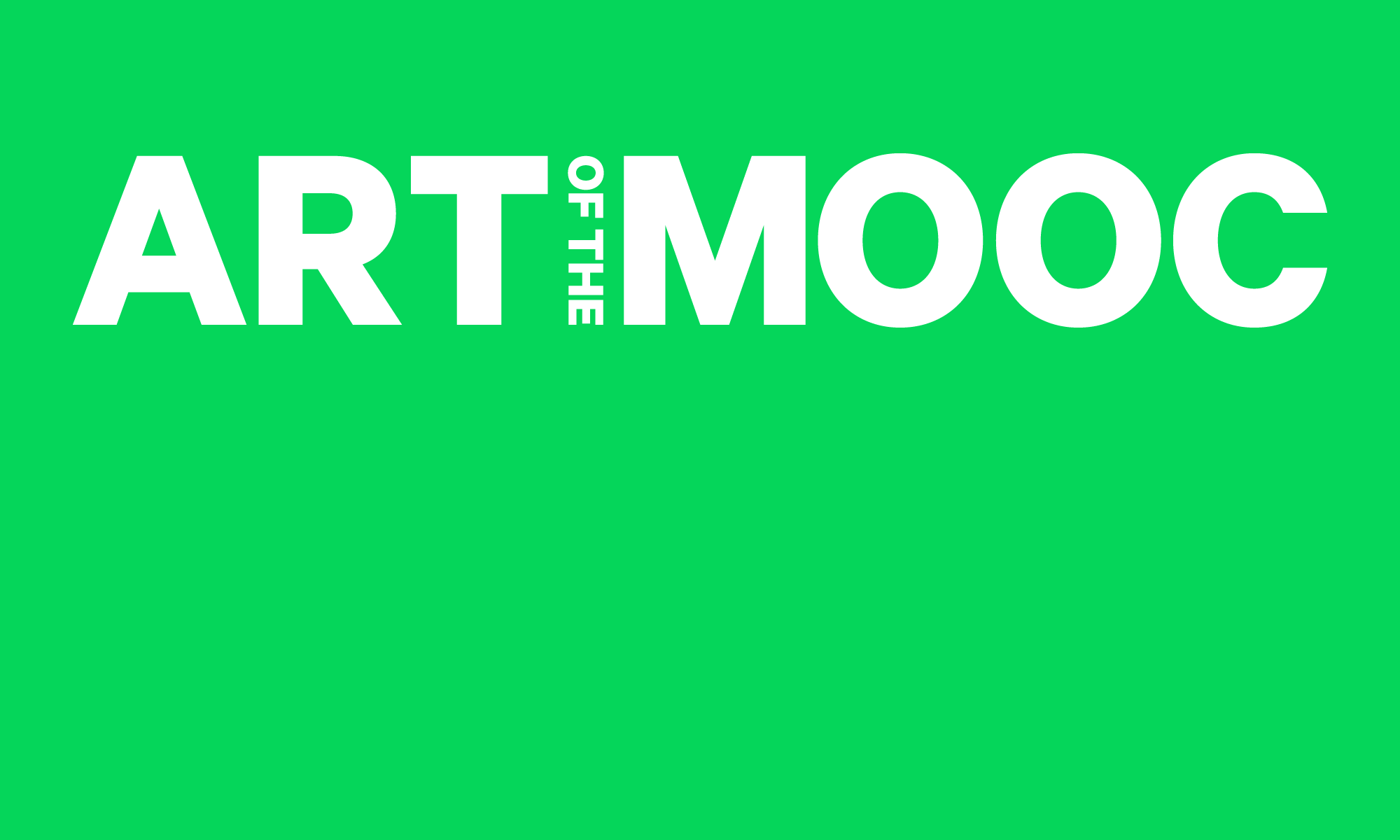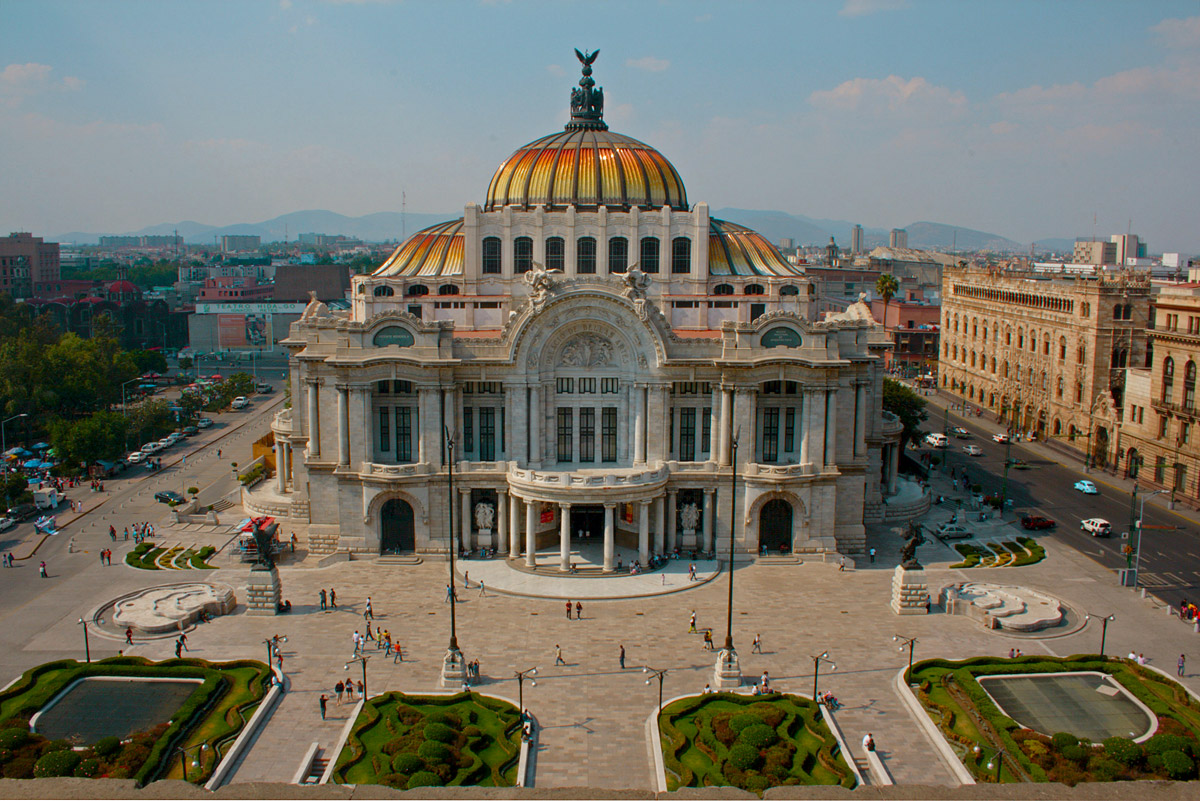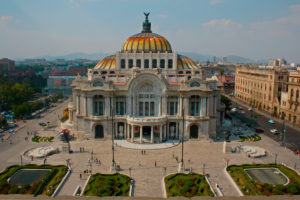While watching Fran ILLCH and Pedro discuss the entrepreneurial aspect of art, I was particularly able to resonate with what Mr Illch was saying, for example where he was describing how culture / cultural ventures in many places across the world are subsidised by the government because they are not viewed as a market, however, in Mexico they are not. Mr Illch essentially highlights in his discussion with Pedro how countries that are not fortunate enough to receive financial assistance with culture, should not have to refrain from having a comprehensive cultural offering, however, it is up to the people in those countries to put their own capital and time resources into developing this cultural scene on their own watch as opposed to other countries whereby the government is able to direct spending to having full time employees take these positions. Mr Illch describes the way in which he was able to create an environment in his locality in Mexico (not specifically mentioned in the film) that fostered a cultural appreciation. He highlights how instigating change in the mentality towards culture requires first and foremost an understanding of the complexities involved within the financial system and liberal values of the people and thereafter ascertaining which potential avenues to take.
What Mr Illch didn’t highlight in his brief discussion with Pedro, but seems evident to me after having done a small amount of research on culture and government subsidies for art work in Mexico, is that once what Mr Illch highlighted (as I have discussed above) has been successfully implemented and completed, the government will eventually join this cultural drive and effort. This is evidenced by what has happened across South America, whereby the tourism industry has been instigated by the people and once proven to have potential, the government steps in and invests capital. This was a phenomenon similar to what Mr Illch describes that occurred across South America during the latter stages of the 20th Century.


